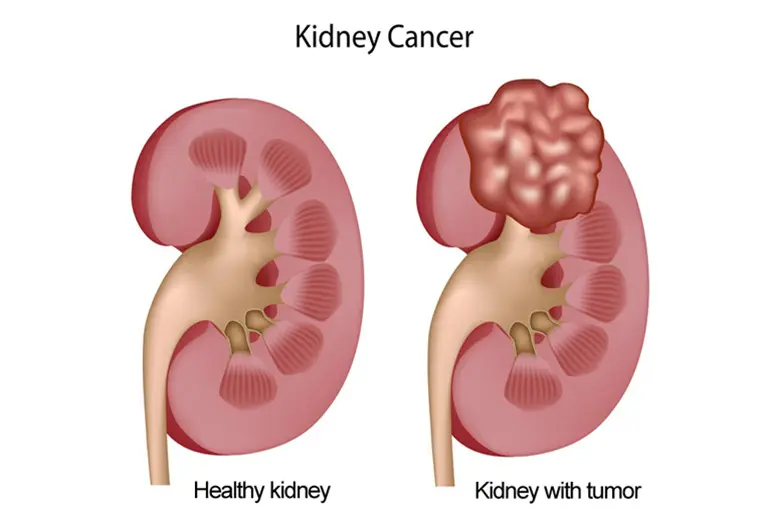
Partial Nephrectomy (Kidney Sparing Surgery)
What is partial nephrectomy?
Partial nephrectomy, or kidney sparing surgery, is the preferred surgery of choice for kidney cancers that are diagnosed early.
It aims to preserve your healthy kidney tissue while only removing the tumour. As a result, you might be able to avoid have your entire kidney removed.
The most critical part of this surgery is the cutting away (excision) of the tumour followed by the repair and reconstruction of the nephrons and muscles that are affected by the removal process.
With robotic-assisted kidney sparing surgery, the articulated instruments from the robot-assisted surgical system being used enables your surgeon to complete the complex procedure more quickly and efficiently than with conventional laparoscopic instruments.
Why do you need partial nephrectomy?
Your specialist will likely recommend you for partial nephrectomy if you suffer from early-stage kidney cancer.
Robotic-assisted kidney sparing surgery has several advantages over conventional laparoscopic surgery. These include:
- Better clinical outcomes and cancer control, which helps prevent potential kidney disease in the future
- A shorter hospital stay
- Effective tumour removal and kidney reconstruction
- Better chance of preserving the remaining healthy kidney, which reduces the need for dialysis
- Less blood loss and reduced risk of complications during the operation
The procedure may not be suitable if the tumour is very large and if the main blood vessels of the kidney are involved. In these circumstances, open partial nephrectomy or total kidney removal is warranted.
What are the risks and complications of partial nephrectomy?
Partial nephrectomy is generally a safe procedure. However, like any major surgical procedure, it poses some potential risks, including:
- Bleeding
- Injury to adjacent organs
- Infection
Why choose Mount Elizabeth Hospitals?
Located in the heart of Singapore across prime locations in Orchard and Novena, Mount Elizabeth is a trusted and award-winning name in medical care with modern technology and facilities.
Our team of urologists is experienced in diagnosing and treating conditions such as early stage kidney cancers, and can guide you through an appropriate course of treatment such as partial nephrectomy.
Find doctors from our allied hospitals
We offer a full spectrum of healthcare services under IHH Healthcare Singapore.
Check if your preferred hospital offers this treatment:
This page has been reviewed by our medical content reviewers.
Need help?
For enquiries, please call
+65 6250 0000 (Orchard) or +65 6898 6898 (Novena)
For appointment bookings, please WhatsApp
+65 8111 7777 (Orchard) or +65 8111 5777 (Novena)
 Brain & Spine Care
Brain & Spine Care


